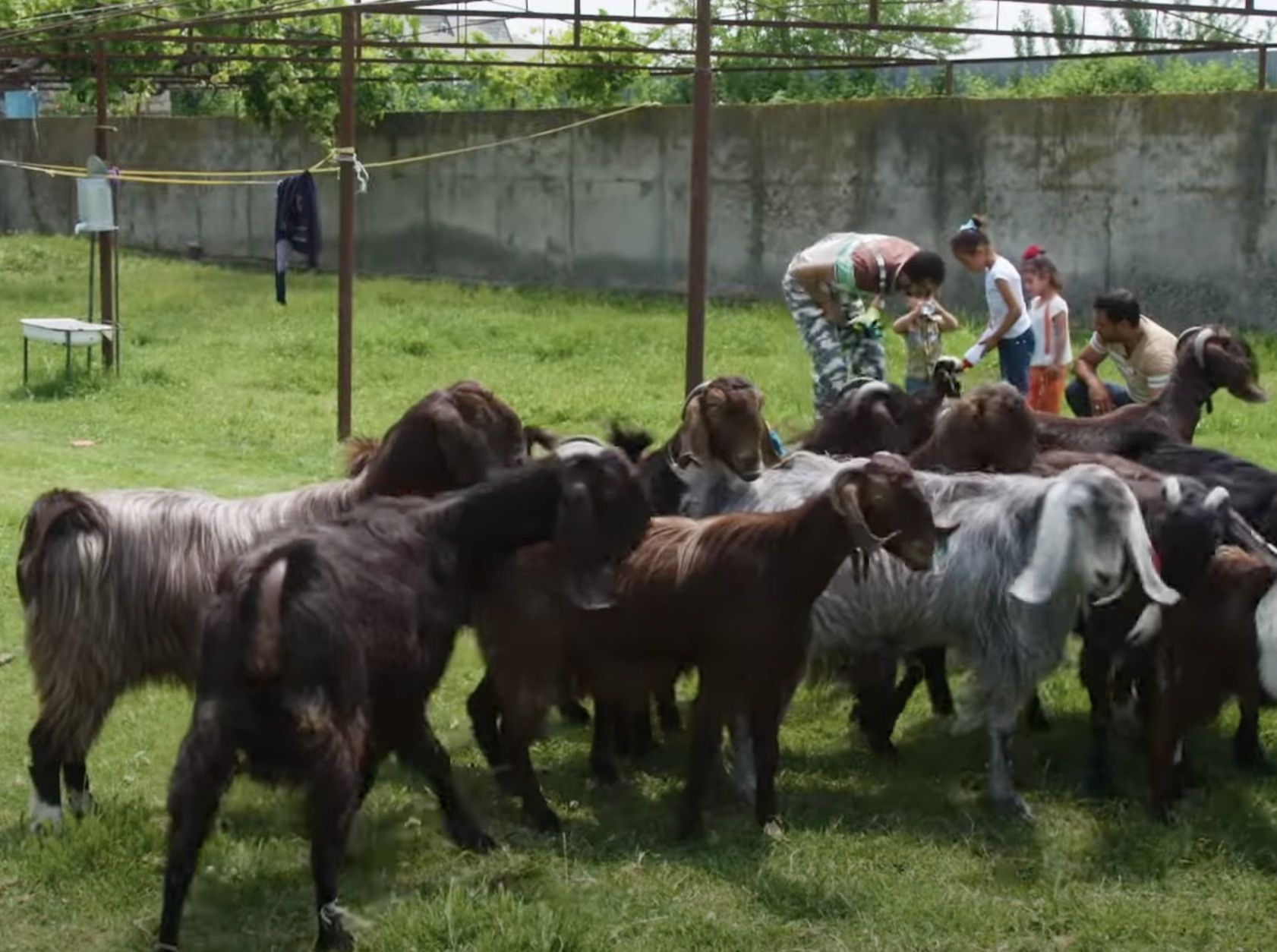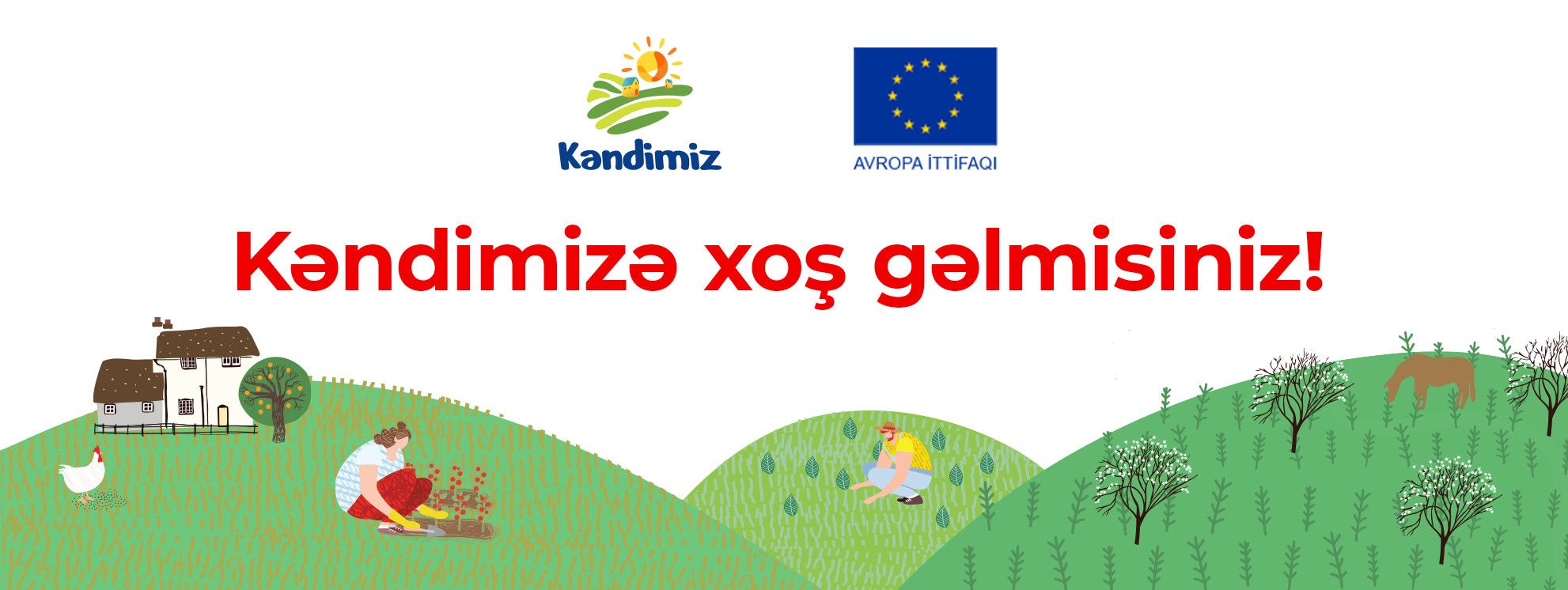
ADSMIRRA
Within the European Union funded ADSMIRRA (Accelerating Development of Sustainable Micro-entrepreneurship in Rural Regions of Azerbaijan) was implemented by Azerbaijan Micro-finance Association (AMFA) in the economic regions of Ganja-Gazakh, Guba-Khachmaz, Shaki-Zagatala and Aran between 2018 and 2021 in cooperation with Microfinance Centre in Poland (MFC), National Confederation of Entrepreneurs (Employers’) Organizations of the Republic of Azerbaijan (ASK), and other associate partners. This project was born thanks to the EU contribution of 418 324 Euros, i.e. 90% of the total Project budget. The remaining 10% was funded by Islamic Development Bank and AMFA members – Non-Bank Credit Institution “Finance for Development” (FinDev) and “TuranBank” Open Joint Stock Company (TuranBank).
Results given just in figures below, which considerably exceeded the originally intended Project outcomes, describe only some part of the achievements, the long-term impact yet to be assessed will certainly reveal more accomplishments.
- 510 persons have benefited from the Project in total: 64% – women and 36% – men;
- 113 beneficiaries have been provided with seed capital amounting to 277 780 Azerbaijani manats;
- 37 start-ups have been established, 76 micro-businesses have been expanded further;
- 3 cooperatives have been established an innovative way of doing business in the target areas;
- 125 new jobs have been created by the entrepreneurs developed by the Project;
- 202 families have increased their monthly income through skills and knowledge acquired during the Project.
Videos
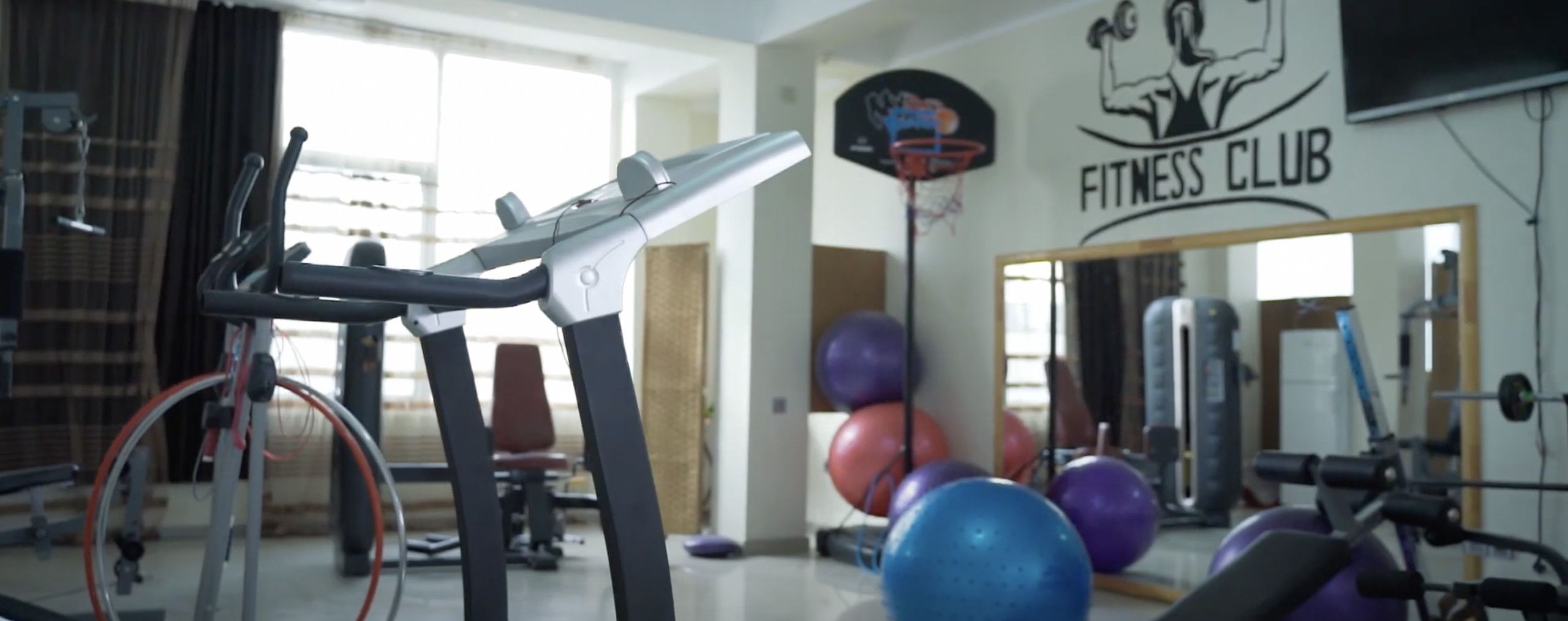
Taliya Masimova and her fitness club
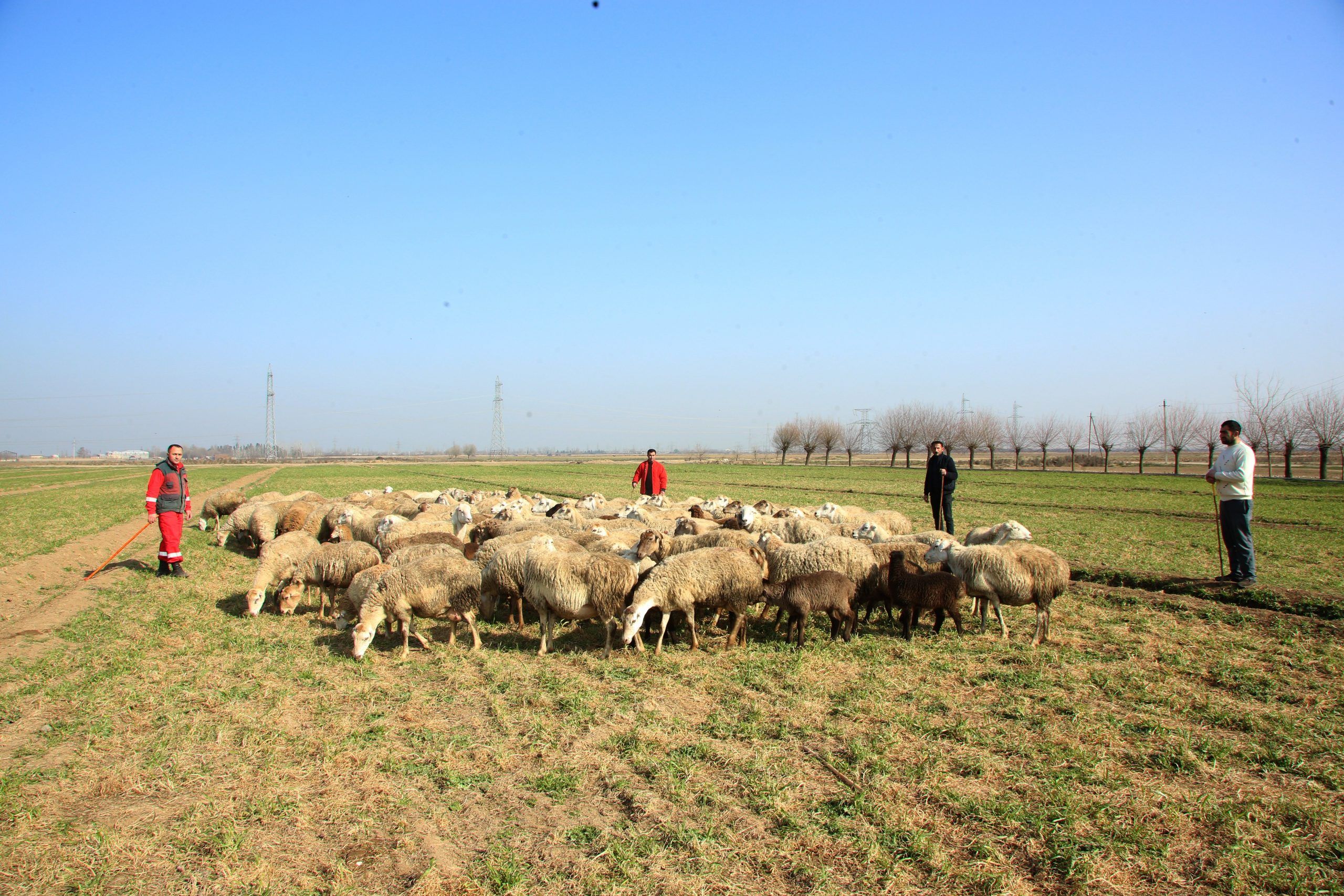
“Sheep Farming” Cooperative
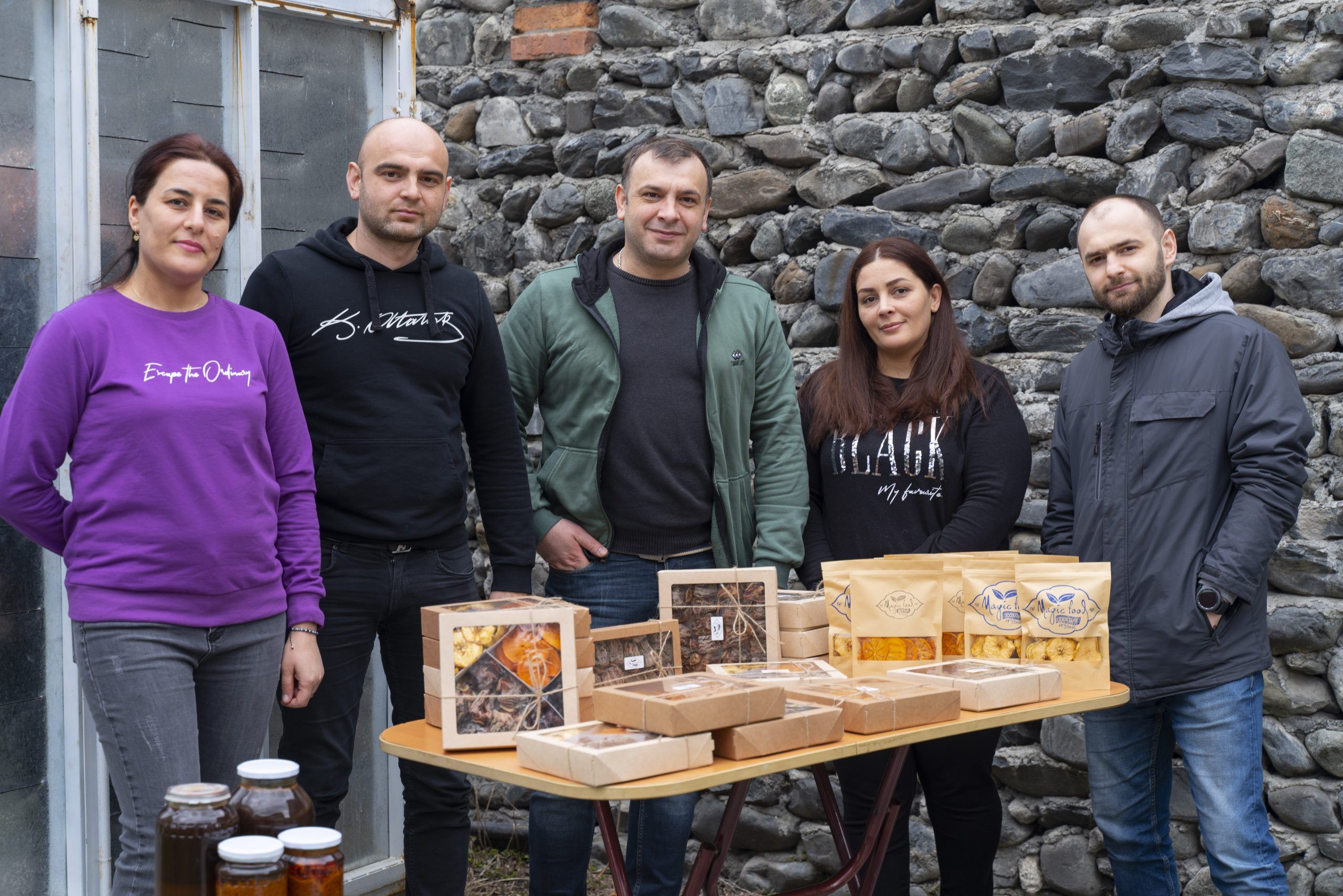
Sulkhayev’s Enchanted Goods – “Magic Food”
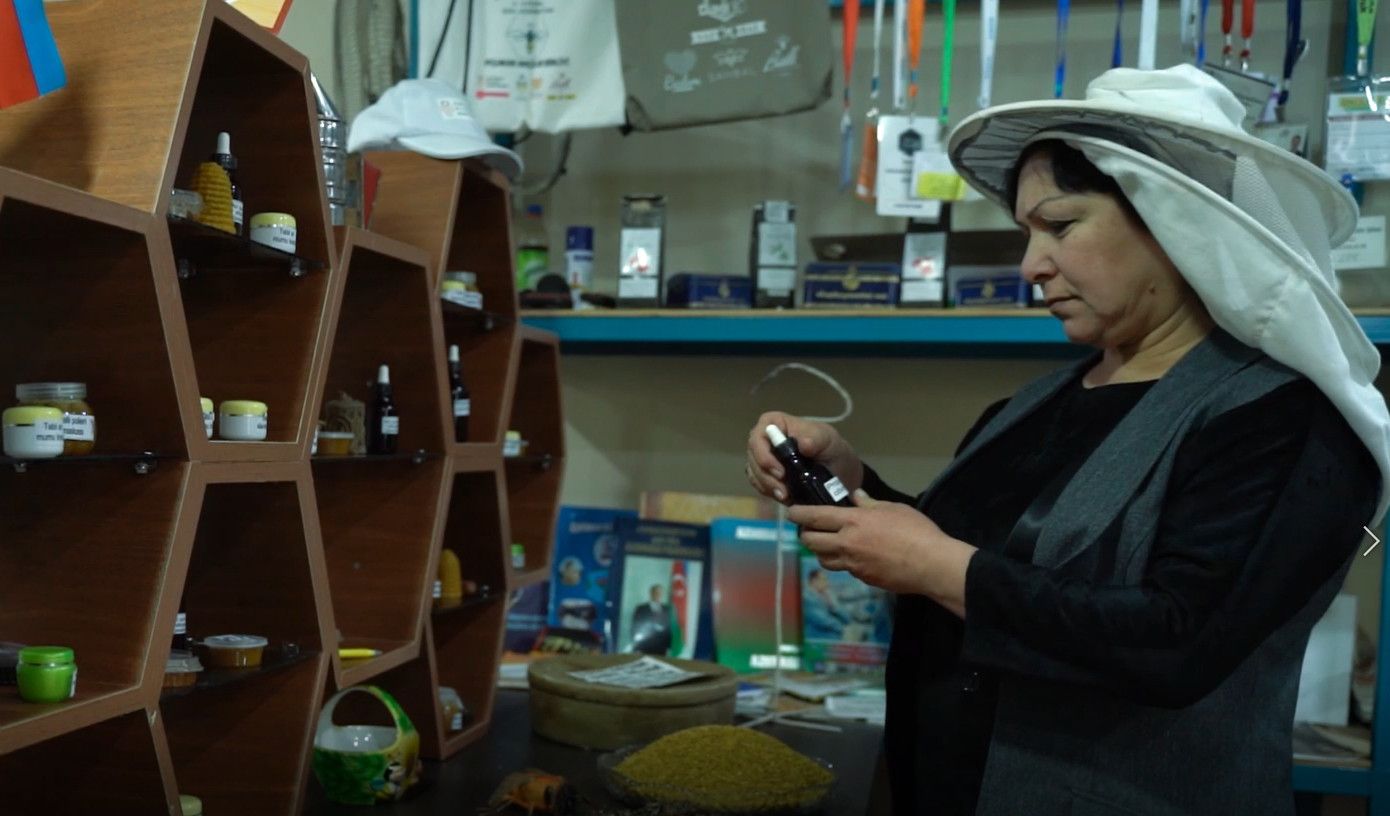
Accelerating development of sustainable micro-entrepreneurship in rural regions of Azerbaijan (ADSMIRRA)
ABAD
With the project support, 44 families received training and modern production equipment, and expanded their small businesses from poultry to carpet weaving to oil production. In total, 14 capacity building and 15 expert trainings conducted, ToT programme organised and 8 video-lessons produced.
During COVID-19 pandemic, the project provided families with additional raw materials and tailored support.
Out of the 44 family businesses, 23 are women-led businesses and 12 are led by internally displaced families. The project helped to support 192 direct and 342 indirect beneficiaries.
Now family-made branded products and handicraft souvenirs are available for sale in supermarkets and stores across the country.
Regarding family branding, the Project managed to create the concept and branding of the following finished products:
- Oyster mushroom
- Hazelnut oil
- Dry nuts
- Fruit compotes
- Walnut oil
- Certain souvenirs
Videos
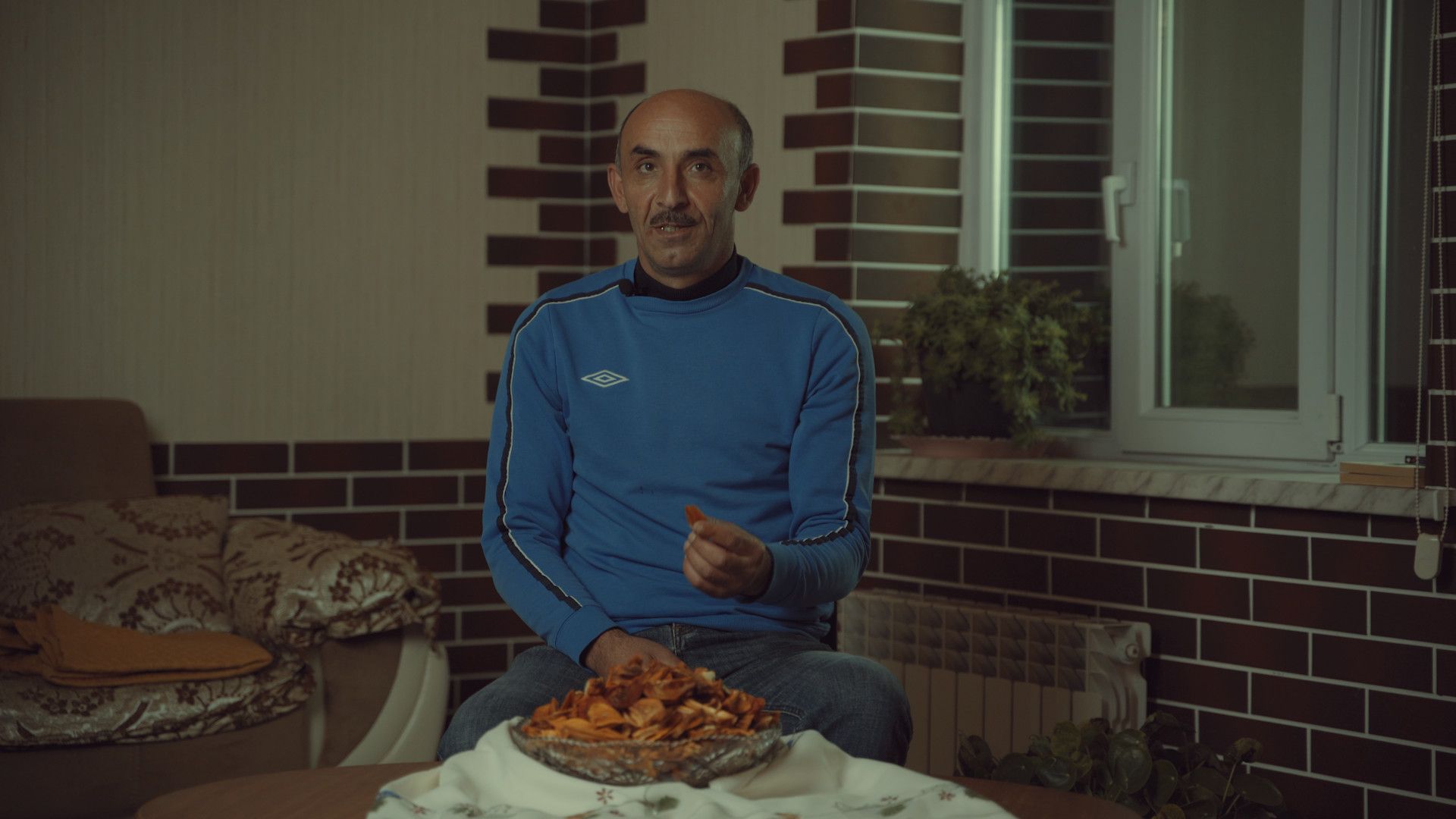
Nizami Musayev and his “Caravan” brand
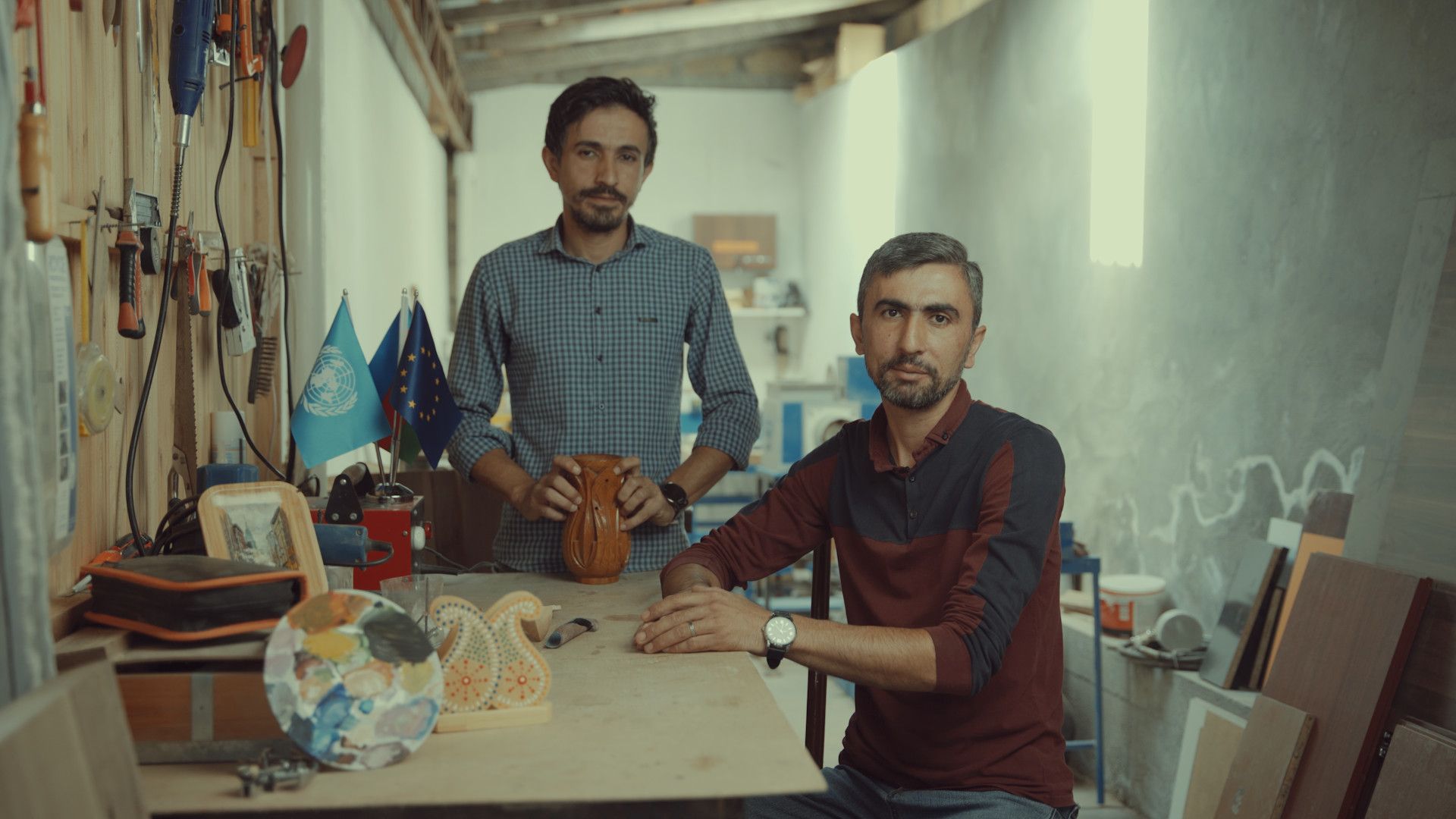
Handicrafts by Ahmadovs
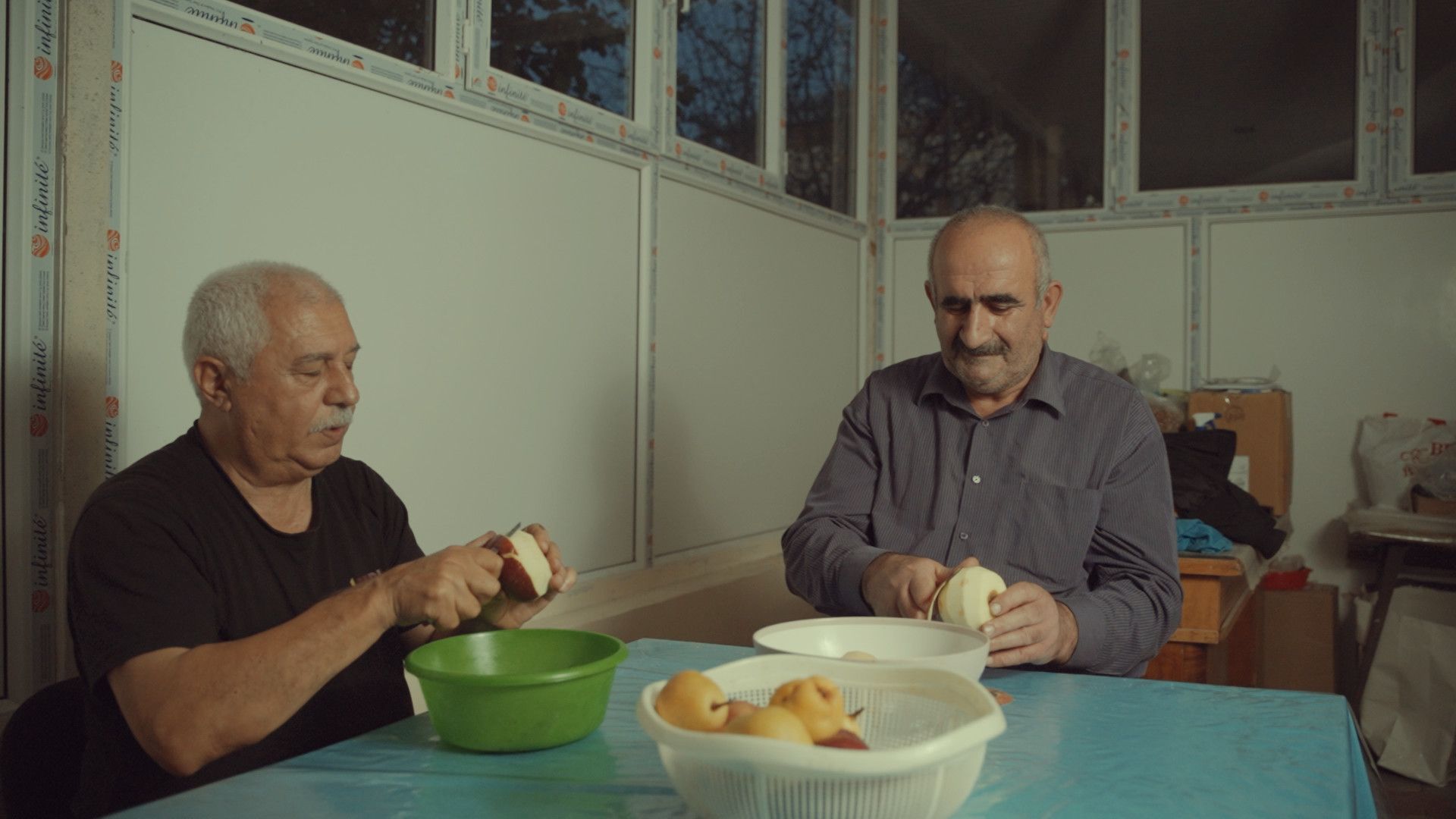
Ismayilovs and Nurayevs families from Zaqatala
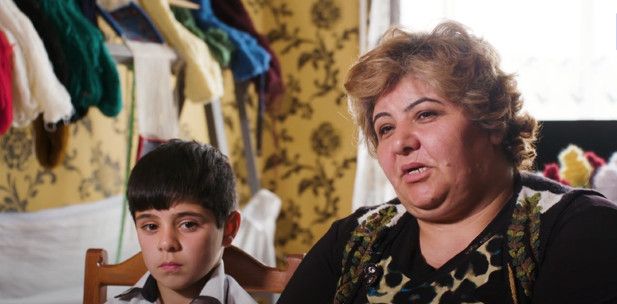
Carpet weaving with Shahla





COVCHEG
Community-based Value Chain Enhancement in the Greater Caucasus Mountains of Azerbaijan – The COVCHEG project aims at protecting local biodiversity through tools developed by Slow Food International. Ark of Taste component promotes local biodiversity elements worldwide, Presidia component gathers farmers to form a food community and creates production protocols to increase production quality. On the other hand, Slow Food Travel, Earth Markets and Cooks’ Alliance components help for further promotion and marketing of local products by also creating alternative income opportunities. Finally, Education component raises awareness and teaches the younger generation about the importance of local biodiversity.
- Project duration: 2018-2021
- Pilot projects in the 5 districts: Shamakhi, Ismayilli, Gabala, Shaki and Gakh
- Collaboration with 4 ministries and 4 government agencies
- Meetings with 200 small scale producers
- 31 local products have been listed in the Ark of Taste catalogue.
- 3 Presidia have been launched (Ata-baba hazelnut, rosehip syrup, Madrasa wine), 3 Presidia in progress
- More than 200 rural tourism actors have been involved in the project within Slow Food Travel.
- 1 study and 1 survey have been conducted on tourism industry in Azerbaijan.
- Slow Food Cooks’ Alliance Azerbaijan has been launched (7 members at the moment)
- About 35 teachers have been trained within Slow Food Education program.
Videos
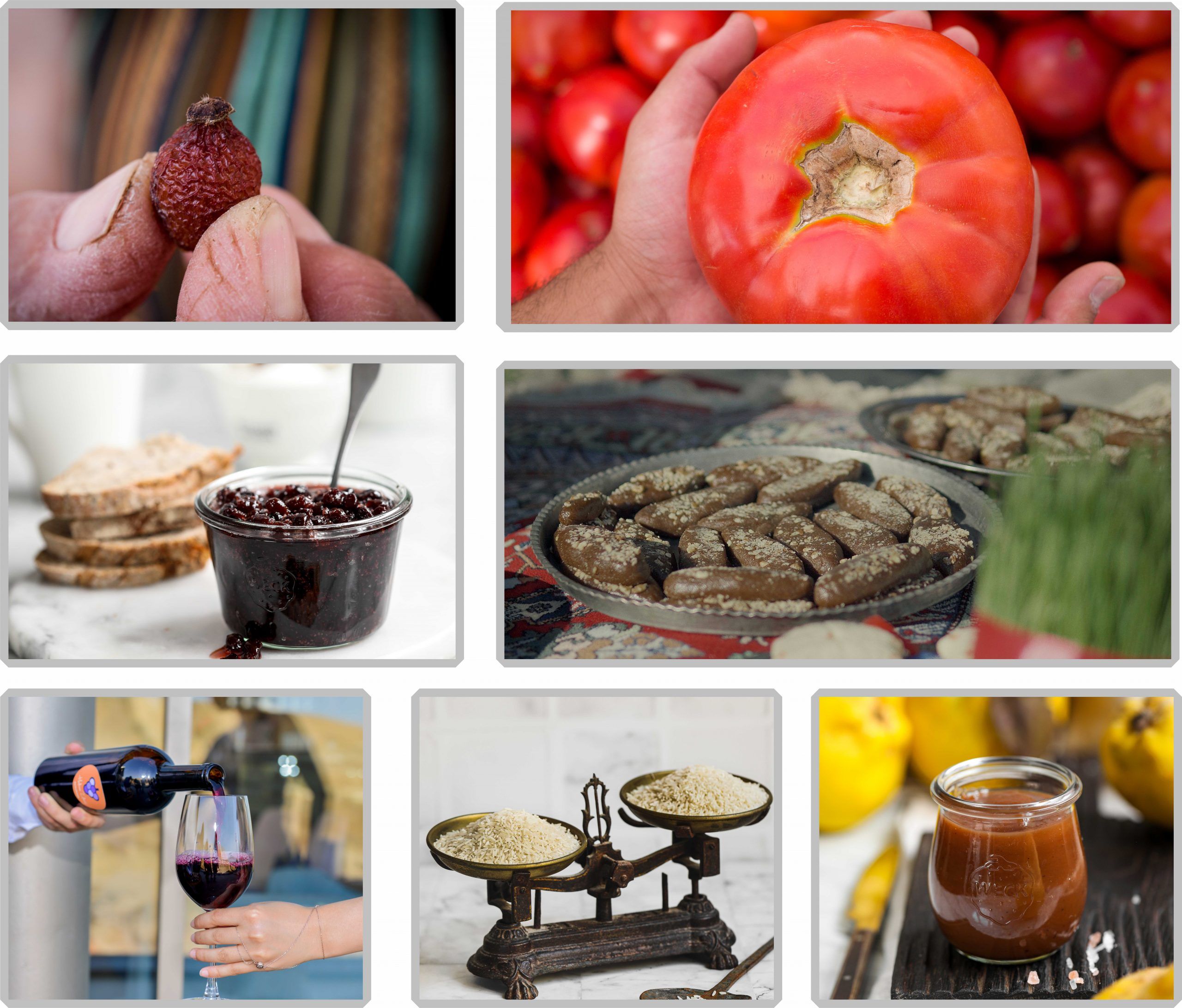
The Ark of Taste
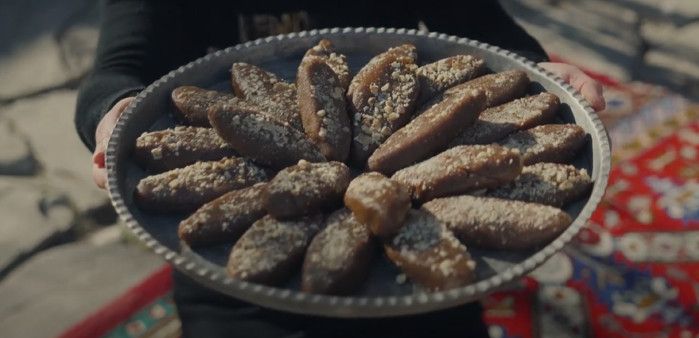
Samani halva – one of the Ark of Taste products from Azerbaijan



Development of sustainable and inclusive local agro-food systems in the North-West region of Azerbaijan
“Development of sustainable and inclusive local agro-food systems in the North-West region of Azerbaijan”
The purposes of the project are:
- To develop efficient and inclusive agro-food systems that support small agricultural entrepreneurship
- To contribute to the reduction of poverty
The project covers Zagatala, Gakh and Balakan districts.
The project is expected to benefit 800 people, including 250 of them in rural areas. It is planned that 50% of the beneficiaries will be women.
6 local food products selected by the Project:
- Hazelnut processing products (mash, cookies)
- Dried persimmon
- Honey
- Walnut jam
- Dry meat and dolma
- Persimmon molasses
20 production groups engaged in manufacture were selected. These groups unite 186 producers
Project intended to support the manufacturers of selected products with
- production technology
- equipment
- trainings and recommendations in sales, finance, business management, food safety and marketing
- New, community-based agricultural advisory service model
The project produced 50 visual materials demonstrating the role of women in local food preparation.
The steps envisaged by the Project which will increase the incomes of region`s agri-food producers and suppliers:
- To promote the benefits of using local food among the population
- To develop the tourism potential of the region
One of the main contributions of the Project will be selection of 3 sites in the region and submit them for registration as the Globally Important Agricultural Heritage System (GIAHS).
Videos
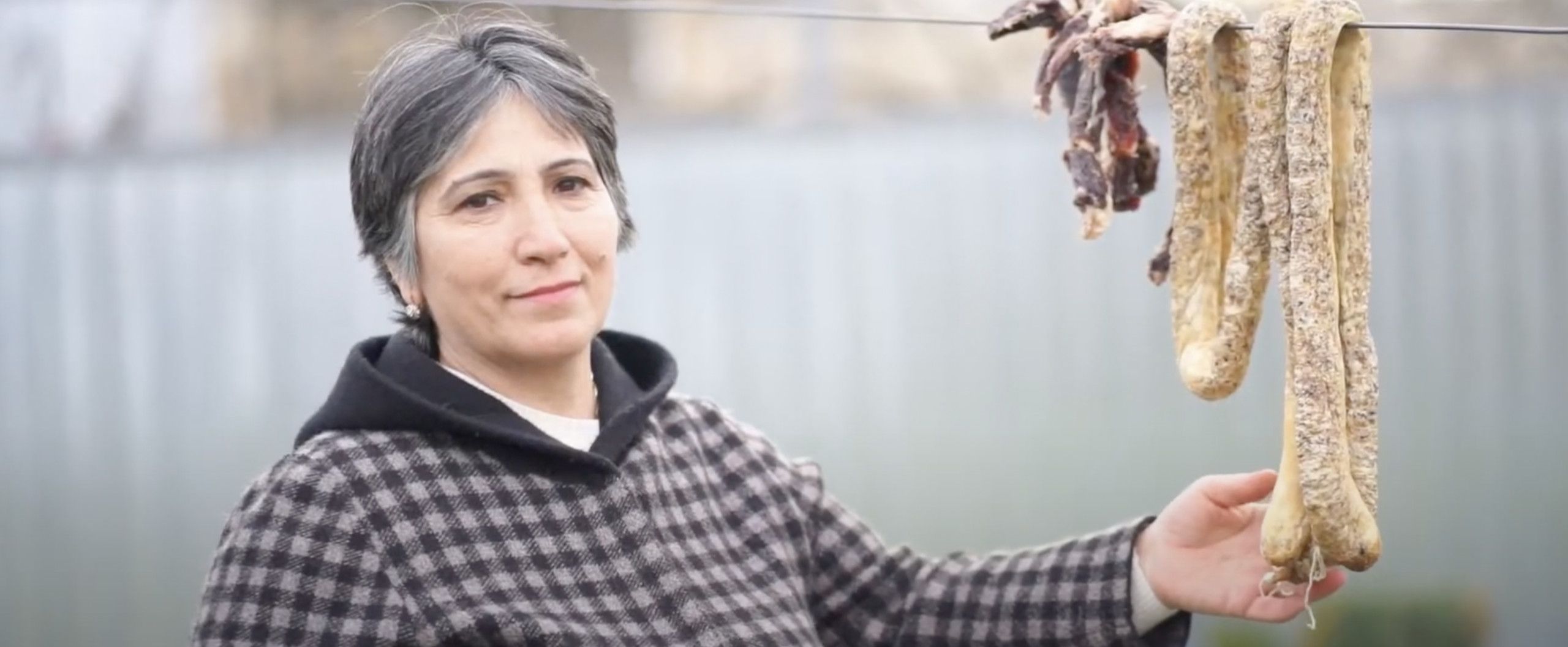
Alvasova: “Do not be afraid of changes”
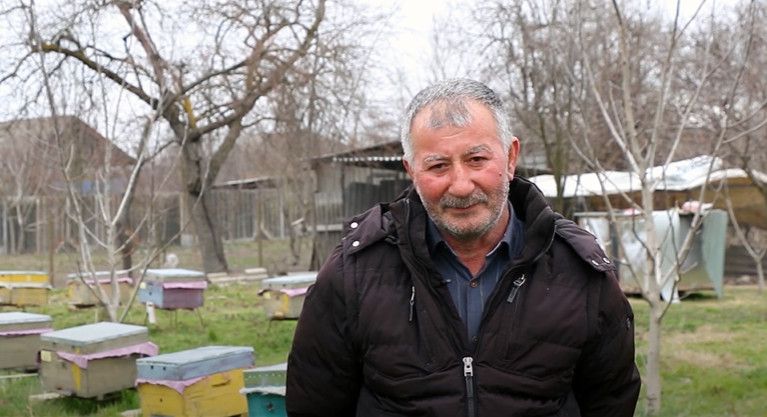
Najaf Mirzayev and his beekeeping corporative
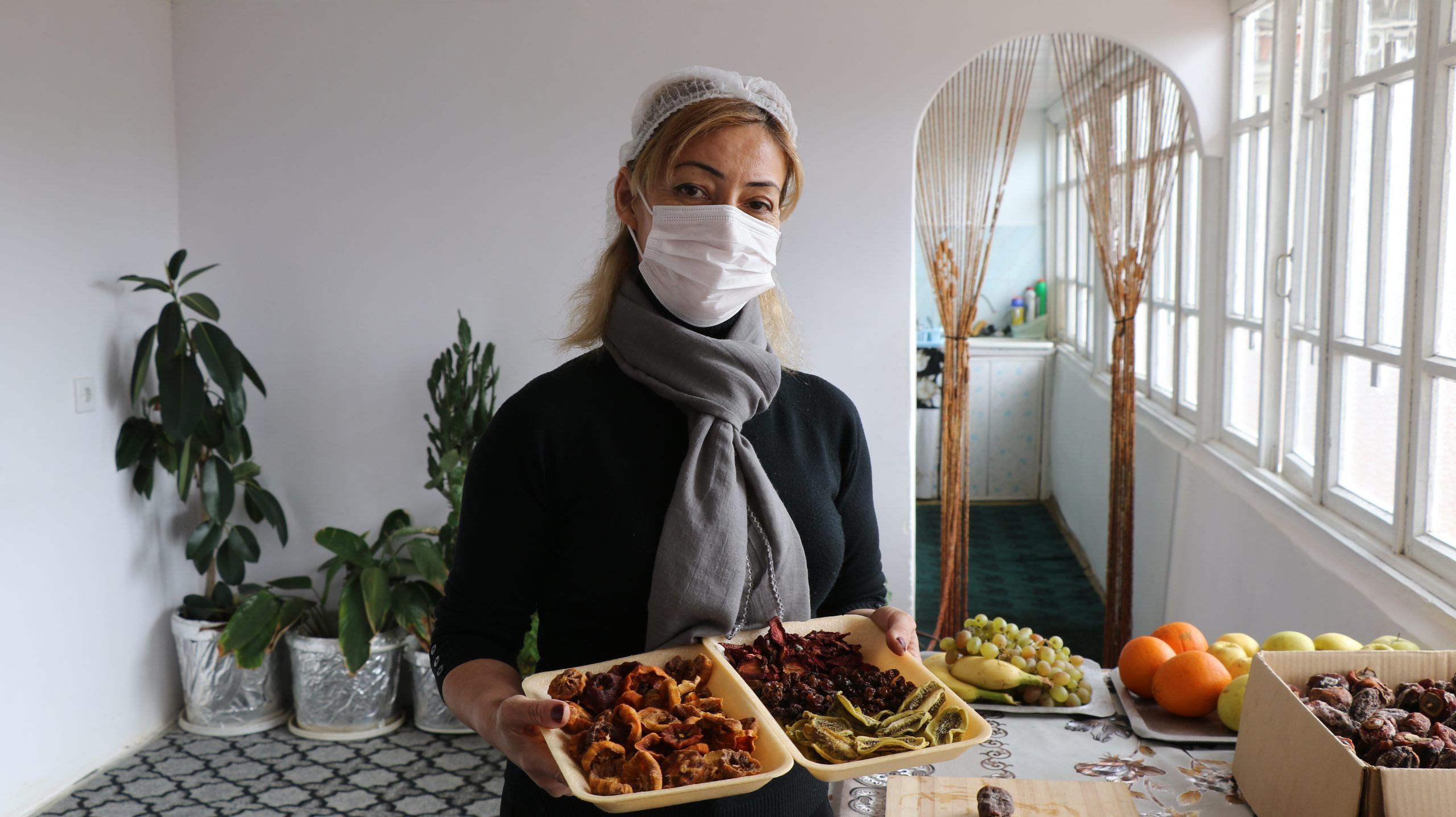
From hobby to business
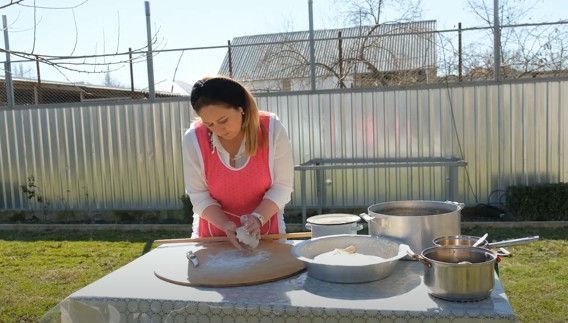
Bugh khangali



SEEDS
Socio-Economic Empowerment and Development of Small-scale vulnerable rural families in Dashkasan, Goranboy and Samukh rayons of non-Absheron regions of Azerbaijan (SEEDS project)
Overall objective of the project targets to contribute to the fostering of economic regeneration and job creation in Dashkasan, Goranboy and Samukh rayons located in the non-Absheron regions of Azerbaijan. As its specific objective foresees, 400 small-scale vulnerable rural families will enhance and diversify their agricultural engagement and community based tourism activities and will sustainably improve their socio-economic welfare thanks to increased support to community-based initiatives for market-driven income and employment generation through project interventions.
Besides, approximately 1000 female members in the target 30 communities will improve their occupational skills, social welfare and get engaged in income generating activities. In addition, business development capacity of 10-project stakeholder SMEs and their cooperation with relevant value chain actors will be improved. All these activities will also contribute to strategic objectives of state programs on socio-economic development of regions and development strategies of international organizations.
Project results:
– Approximately 400 small-scale vulnerable rural families (or 400 small-scale marginalized parents) improved and diversified their income sources and welfare via promotion of advanced and sustainable agricultural and community based tourism practices in Dashkasan, Goranboy and Samukh rayons;
– Approximately 1000 female members in the target 30 communities improved their occupational skills, social welfare and
got engaged in income generating activities;
– Business development capacity of 10-project stakeholder SMEs and their cooperation with relevant value chain actors is improved;
– Approximately 40 political lawmakers improved their responsiveness about the situation and challenges of small-scale vulnerable rural families via developing 3-4 legislative policy papers.
Videos
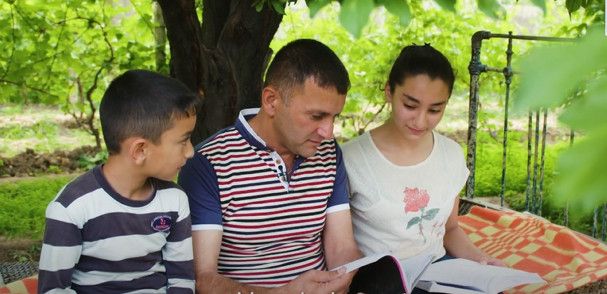
Gender awareness program for Ganja families
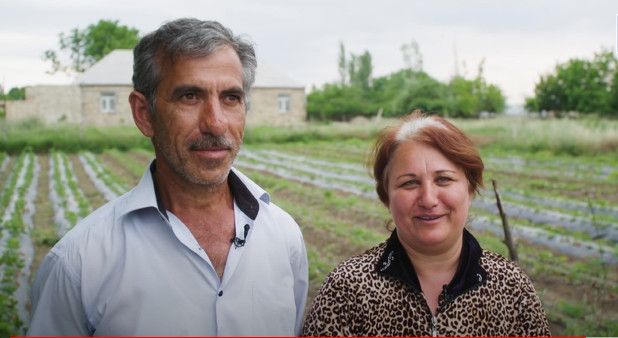
Small family business of Mehriban and Ali
TELISHLI
“The agricultural initiatives for market-driven income generation in the Telishli ecomigrant community” project funded by the EU and implemented by the “Ruzgar” Ecological Society was carried out in 2018-2020. The target group of the project is the residents of Telishli eco-migrant settlement in Imishli region, whose houses and farms were damaged in the Kura floods in 2010. According to their life style, population of the community consists of Tarakama. Currently, 1250 people in 276 families live in Telishli community.
Videos
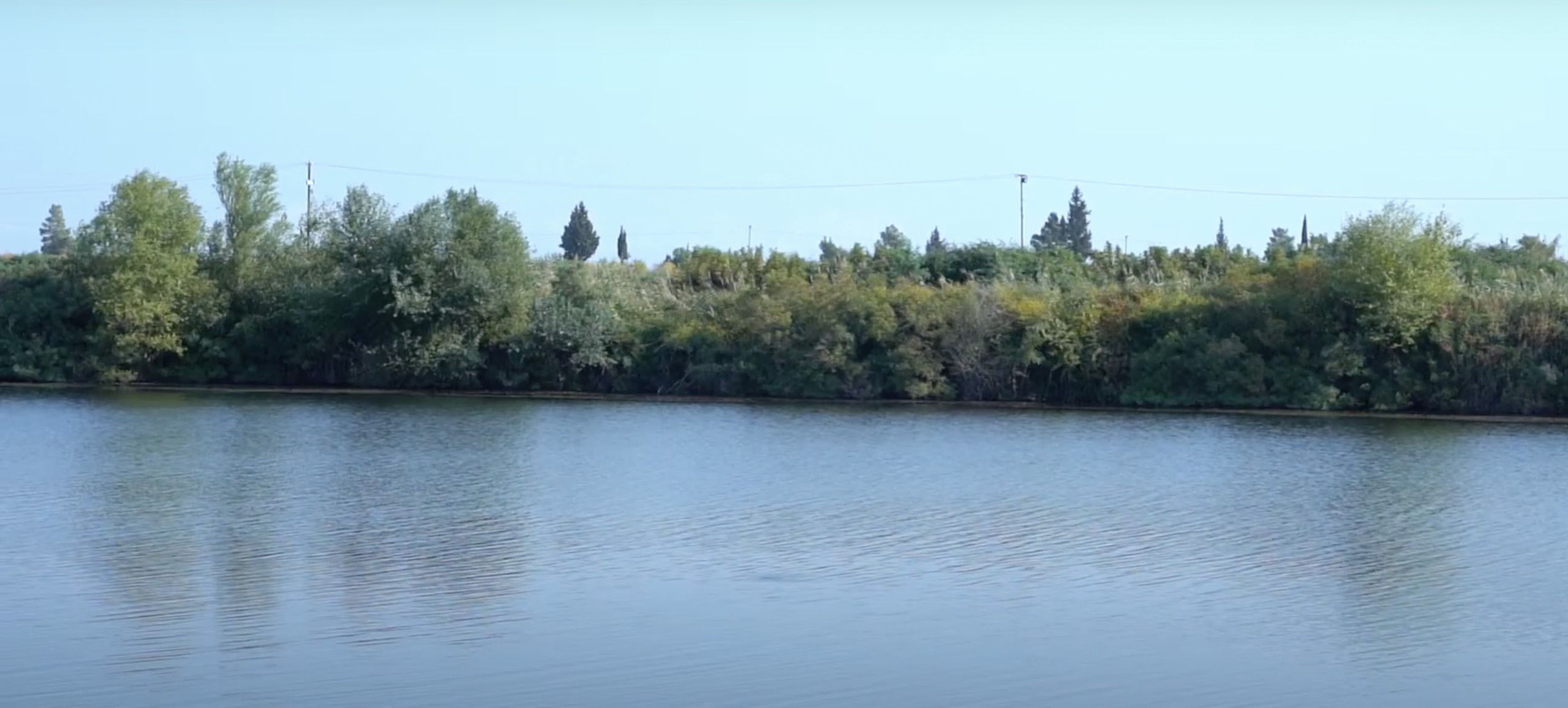
Telishli eco-migrant settlement
